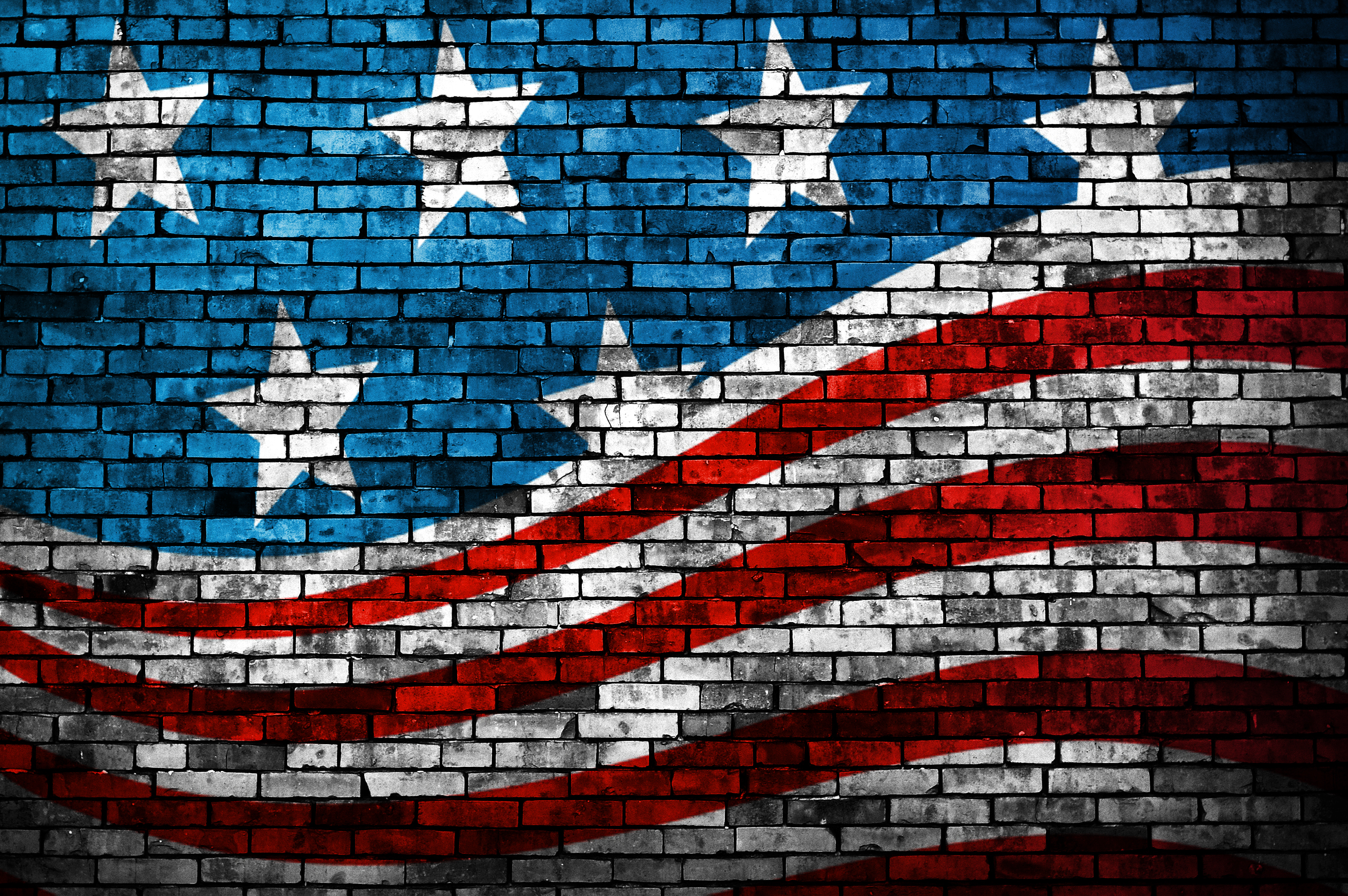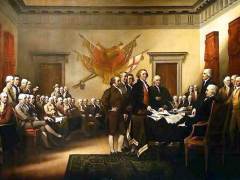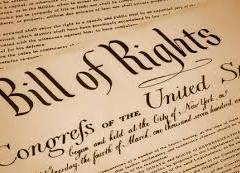Thomas Jefferson had a different view of rights than is commonly ascribed to the Declaration of Independence.
It is has long been conventional wisdom that the Declaration of Independence is the official and most important American endorsement of natural rights theory. According to this view, the Declaration unequivocally endorses natural rights theory, although there is substantial debate about whether it represents a specifically “Lockean view” of rights and government in particular, a point to which we return below. This reading of the Declaration provides support for the argument that natural rights are the foundation of the American tradition and the basis of rights in the Constitution and the Bill of Rights. Interestingly enough, neither of those other two critical founding documents explicitly endorses natural rights
or provides a statement outlining a general philosophy of government.1
The Declaration of Independence contrasts with these later documents in articulating an explicit philosophy of rights and government. It also represents the culmination of American thinking for the decade leading up to the American Revolution. For all of these reasons, the Declaration has become the source par excellence justifying the view that American constitutional tradition is founded on a natural rights philosophy, even though the Declaration’s primary purpose was to justify American independence from Great Britain rather than to serve as a founding document for the new United States.
Against the backdrop of natural rights arguments leading up to the Revolution, this conventional view of the Declaration appears misleading in some critical and potentially troubling ways. To begin with, it is not often realized that the primary author of the Declaration had a different view of rights than is commonly ascribed to the Declaration. Jefferson did not accept the view of rights that had been authorized by the Continental Congress a year and a half before he drafted the Declaration.2 On two previous occasions, Jefferson had tried to get his alternative view of rights accepted by the Continental Congress, but on both occasions his views were rejected.
When he sat down to draft the Declaration, he still held a different view of rights and thus had to make a choice whether to try once again to put forward his own theory of rights or revert to the more traditional theory of natural rights that the Congress had already approved nearly two years earlier. The fact that the primary author of the Declaration disagreed with Congress’s official justification of American rights provides a point of departure for rethinking the Declaration’s understanding of natural rights and its relationship to American rights and independence. It will also become the point of departure for a much broader discussion of how history and historical analysis relates to political philosophy.
Jefferson was by no means the only thinker with doubts about natural rights theory or the way such theories were used to ground the rights of North American colonies. As we shall see later, in the decade leading up to the Revolution, colonists had expressed some profound concerns about natural rights theory in general and their application to American rights in particular. There was in fact no single monolithic tradition of thinking about natural rights in the decade leading up to the Revolution. And even after the First Continental Congress published its official version of rights in September 1774, doubts remained about the strength of natural rights arguments and about the ways those rights should be used to justify American rights.
You can read more about this topic The_Declaration_and_Jefferson’s Alternative_Theory_Chap_1




